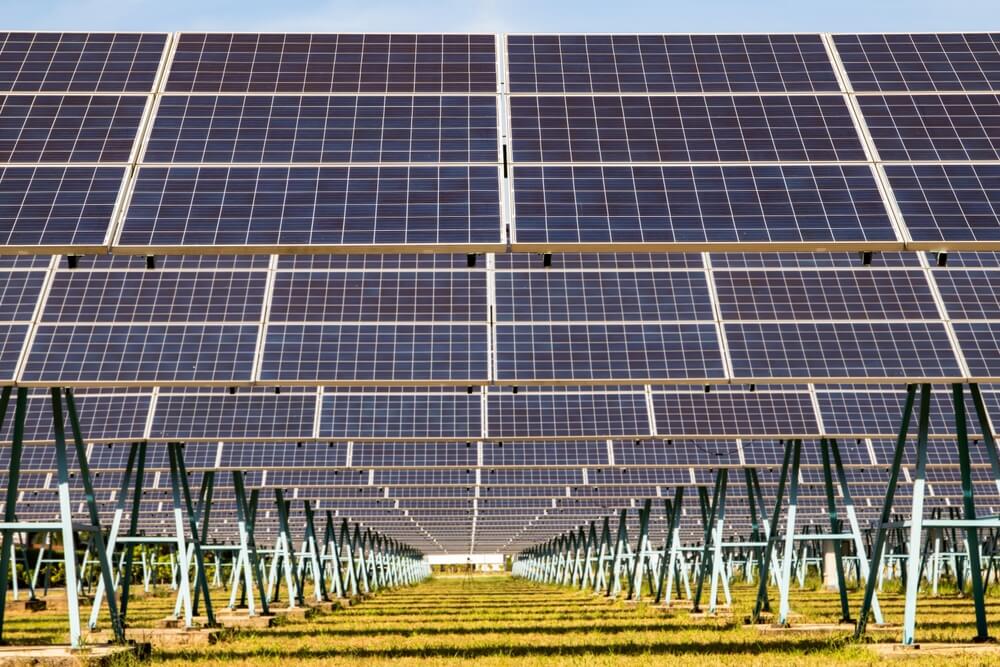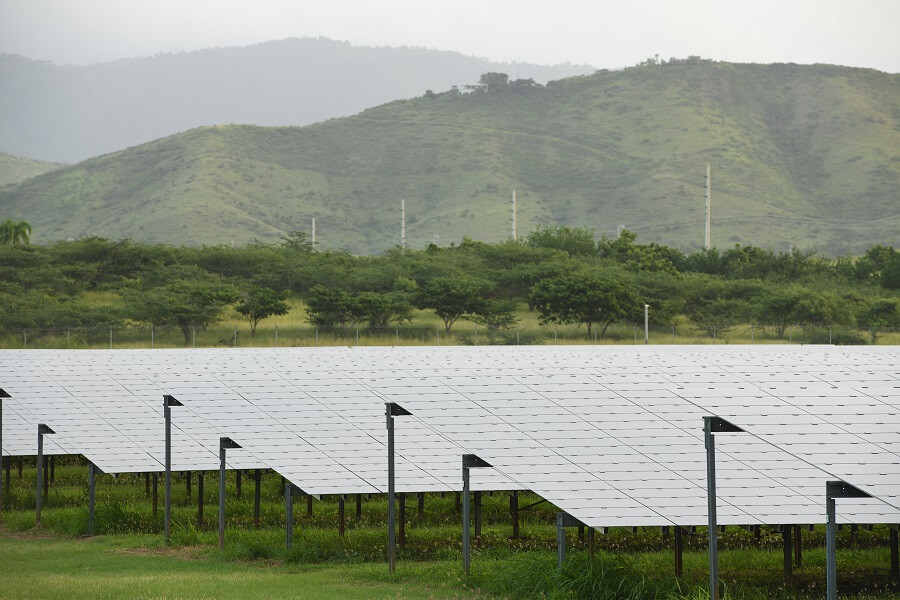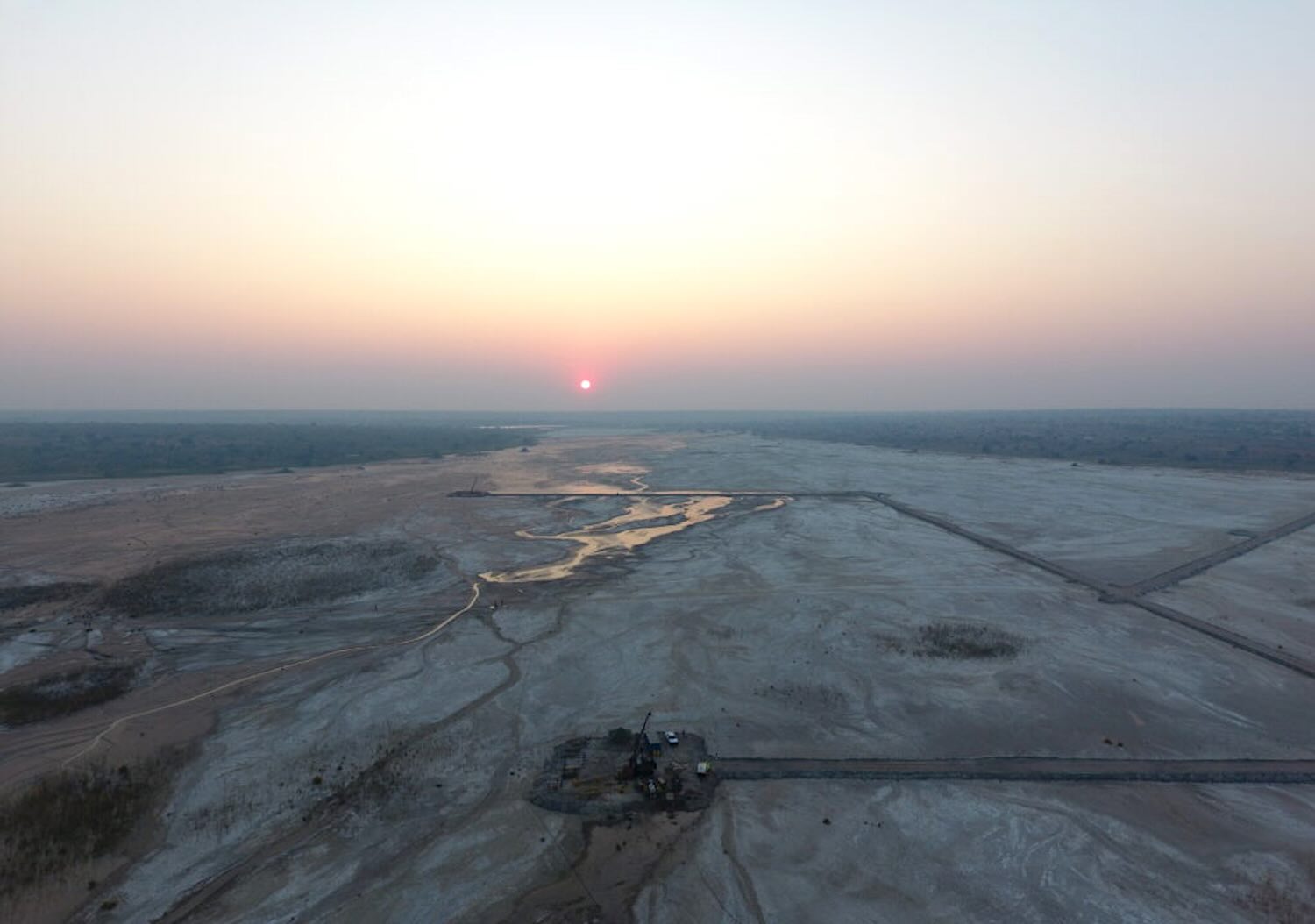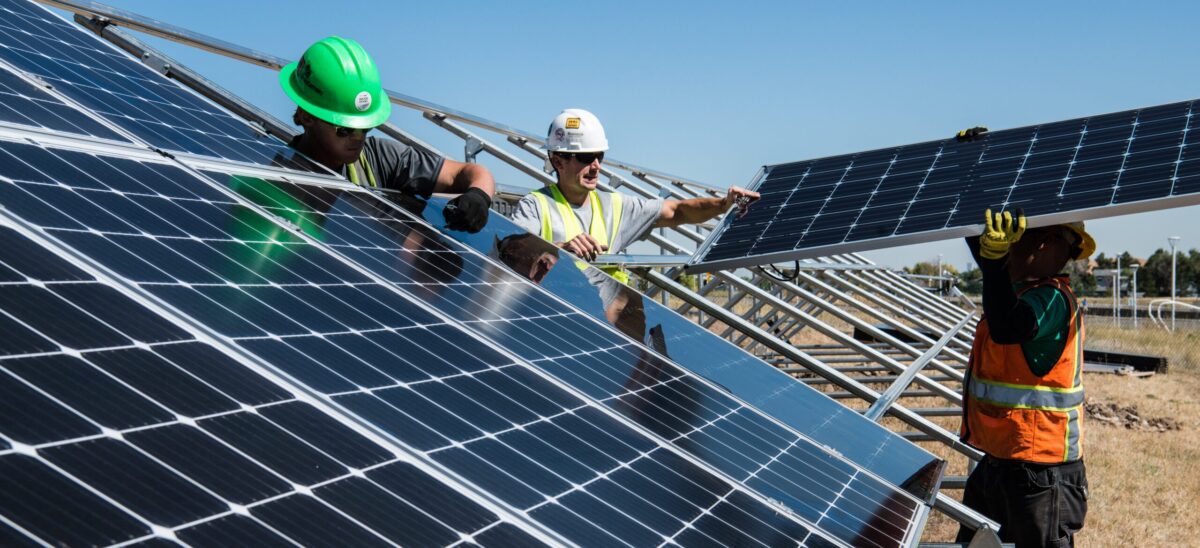Private equity giants such as TPG, Brookfield and KKR are raising billions for climate and impact themes, even as a US election threatens to upend global climate action.
Insights from their third quarter earnings calls, which wrapped up this week, show significant progress in securing commitments for climate strategies from some of the world’s largest institutional investors. The fundraising bonanza underscores the appetite among limited partners to put big checks to work underwriting the global energy transition.
As Generation Investment Management co-portfolio managers Miguel Nogales and Nick Kukrika wrote in the firm’s latest quarterly letter to shareholders, “Whatever happens with the US election in November, it is important to remember the following maxim: these trends are more powerful than politics. The world is moving inexorably to a sustainable future.”
Here are some highlights from the recent round of earnings calls.
Nuclear energy and sustainable fuel at Brookfield
There are megafunds and then there are megafunds. Brookfield Asset Management has raised $10.5 billion towards its targeted $17 billion Brookfield Global Transition Fund II.
“We have complete confidence we’re going to hit the target in the fund,” Brookfield’s Connor Teskey said on the firm’s third quarter earnings call last week. Brookfield expects to close the fund in early 2025.
The firm’s second global transition fund invests in clean energy and transition-focused companies and projects. In September, Brookfield committed up to $1.1 billion from the fund for Infineon, a US-based developer of sustainable aviation fuel projects.
Brookfield has also raised $2.4 billion for its Catalytic Transition Fund, an emerging markets-focused climate impact fund launched in late 2023. The fund, which has a $5 billion fundraising target, will invest in clean energy assets in Latin America, Southeast Asia, Eastern Europe and the Middle East.
The strategy aims to attract institutional capital to high-risk climate investments using first-loss reserves, guarantees and other catalytic mechanisms.
On the call, Brookfield also talked up its nuclear energy capabilities, as booming demand for AI data centers rekindles interest in the decades-old technology as a clean energy source. The firm last year completed an acquisition of Westinghouse, which it says services about half the global fleet of nuclear power plants and is working on small, modular designs.
“Adding nuclear to our broader renewable power capabilities positions us to offer unmatched clean energy solutions to the largest companies and other energy users,” said Brookfeld’s Bruce Flatt.
The firm, with over $1 trillion in assets under management, sees its growth driven by three fundamental trends: AI infrastructure, the energy transition and private credit, which will be needed to finance it all.
TPG eyes sustainable buildings and infrastructure
TPG has raised $6 billion for two climate impact funds: the global TPG Rise Climate Fund II, and emerging markets-focused TPG Rise Climate Global South Initiative.
Both are private equity funds and have a combined fundraising target of $10 billion. TPG has not disclosed individual fundraising targets or progress.
TPG Rise Climate Fund II has made its first major investment last month, investing in Techem, a service provider for smart, sustainable buildings. TPG Rise Climate funds, in partnership with Singaporean sovereign wealth fund GIC, committed $4 billion to acquire the company.
Techem, said TPG’s Jon Winkelried, “demonstrates the large-scale investment opportunities available in climate.” It also builds on the firm’s thematic focus of enabling homes in Europe to digitize and decarbonize, he said, such as an investment earlier this year in Enpal, a German residential solar leasing company.
This acquisition was valued at €6.7 billion, Winkelried said on the earnings call.
TPG, with $229 billion in assets under management, has also secured $2 billion in commitments for Rise Climate Infrastructure Fund I, an infrastructure impact fund with a $6 billion fundraising target.
Among the LPs in the fund is the Hassana Investment Company, the investment arm of Saudi Arabia’s national insurance fund. The fundraising progress reflects “meaningful global demand for this strategy,” said Winkelried.
Sustainable infrastructure ‘on the front burner’ at KKR
KKR, meanwhile, has been plugging away on its first Global Climate Infrastructure Fund.
“There’s a massive need for capital here,” KKR’s Craig Larson told analysts on its third quarter call. Some $200 trillion will be needed to align the physical economy with a net zero pathway by 2050, he said. “That’s $7 trillion, annually, of required investment for the next 25-plus years” renewable certainly, transportation, buildings, agriculture and other sectors.
“We’re at $2.5 billion round numbers. We’re continuing to fundraise,” said Larson. “It’s become a front-burner topic for us.”
The fund, which is not labeled ‘impact,’ sits within KKR’s infrastructure team. The strategy is to invest in “climate solutions and climate transitions that exhibit strong growth.”
KKR, which manages some $553 billion in assets, also operates an impact private equity strategy, Impact Fund II closed at $2.7 billion in 2023.
A handful of other private equity giants have also raised climate impact funds. General Atlantic, with $87 billion in assets under management, closed its inaugural climate impact fund BeyondNetZero in December 2022 at $3.5 billion. BeyondNetZero is a growth equity fund.
General Atlantic also acquired emerging markets-focused infrastructure impact fund manager Actis earlier this year.
Apollo Global Management, a private debt fund manager with $733 billion in assets under management, is also in the market with climate-themed private equity and private debt funds. Apollo last year clinched its Impact Mission Fund, a social and environmental impact fund, with $1 billion.












